Eight Hong Kong press associations and press unions issued an open letter to Hong Kong leader Carrie Lam on Nov. 16, requesting a meeting with the chief executive over concerns about local press freedoms.
“The case of the arrest of Ms. Choy has already created a chilling effect on the media. Journalists fear they may be jailed for merely doing their work of investigative journalism,” they wrote in the
joint letter, which was co-signed by the Hong Kong Journalists Association (HKJA), Hong Kong Press Photographers Association, RTHK Programme Staff Union, and others.
Choy Yuk-ling, also known as Bao Choy, was one of the producers behind a
documentary that aired on public broadcaster RTHK examining the police’s slow response to a mob attack on commuters at the Yuen Long metro station on July 21 last year. She was accused of making false statements to obtain vehicle records, which were used in her investigation to expose connections between the attackers and local community leaders.
Choy was
arrested on Nov. 3 and subsequently released on bail. She made her
initial court appearance on Nov. 10 and is scheduled to appear in court again on Jan. 14, 2021.
The groups pointed out that different Hong Kong government departments, including the Transport Department and Immigration Department, have imposed more restrictions on information searches in recent years, in the name of preventing data misuse.
“The Government should not set up roadblocks for reporters in doing searches for information,” the groups stated.
Citing Hong Kong’s
Personal Data Ordinance, the groups argued that the “use of personal data for news activity” shouldn’t be subject to restrictions when media activities are considered to be in the public interest.
Aside from seeking a meeting with Lam, the groups put forth three demands, including that the Hong Kong government uphold press freedoms, and government departments open up information searches to journalists.
The groups also asked for charges against Choy to be dropped.
“The prosecution of Bao Choy does not conform with public interest,” they said.
The open letter came just after the Hong Kong government rejected a request from the HKJA to hold a march on Nov. 15 to voice support for Choy.
Last week, HKJA filed an application to hold the march, to be attended only by HKJA members, journalists, and teachers and students from journalism departments. However, the police rejected the request on the grounds that holding the event could put people at increased risk of being infected with the
CCP virus, commonly known as the
novel coronavirus.
HKJA successfully appealed the police ban, but the march was still canceled after Hong Kong’s Office of the Chief Secretary Matthew Cheung refused to waive a local social distancing rule limiting gatherings to four people.
In response to Cheung’s decision, HKJA expressed “extreme disappointment” in a
statement issued on Nov. 14. The association said it would “find other channels to provide support and speak up for Choy Yuk-ling and the [media] industry.”
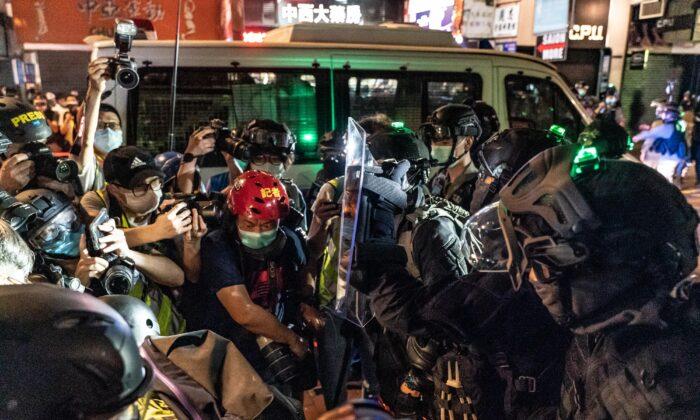

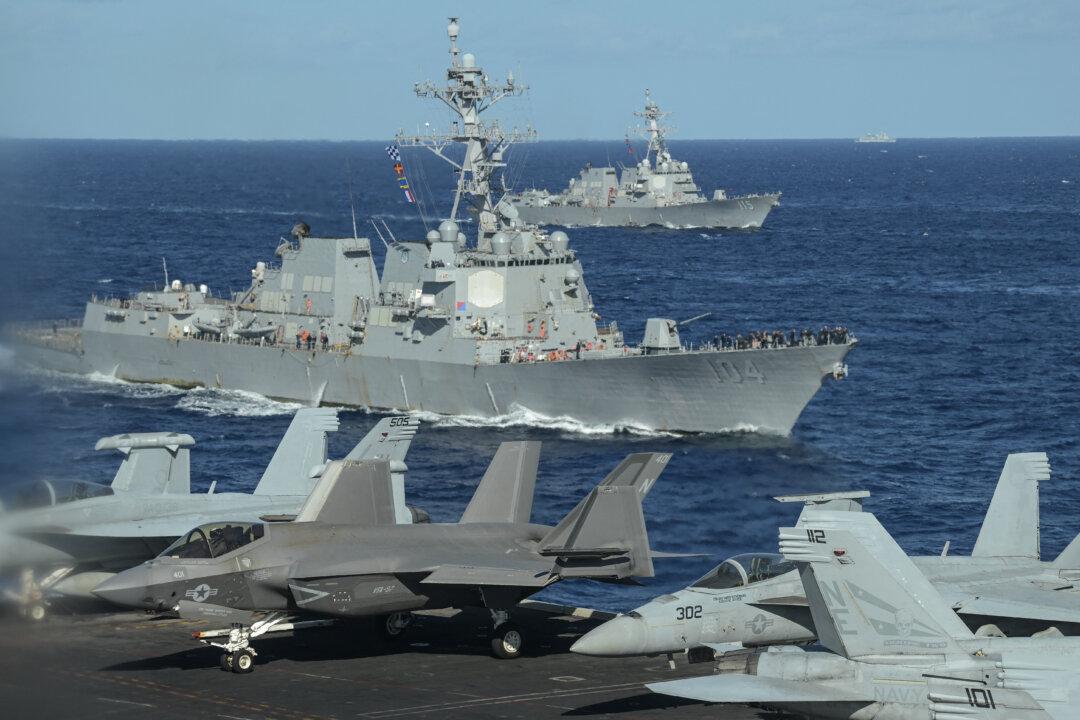
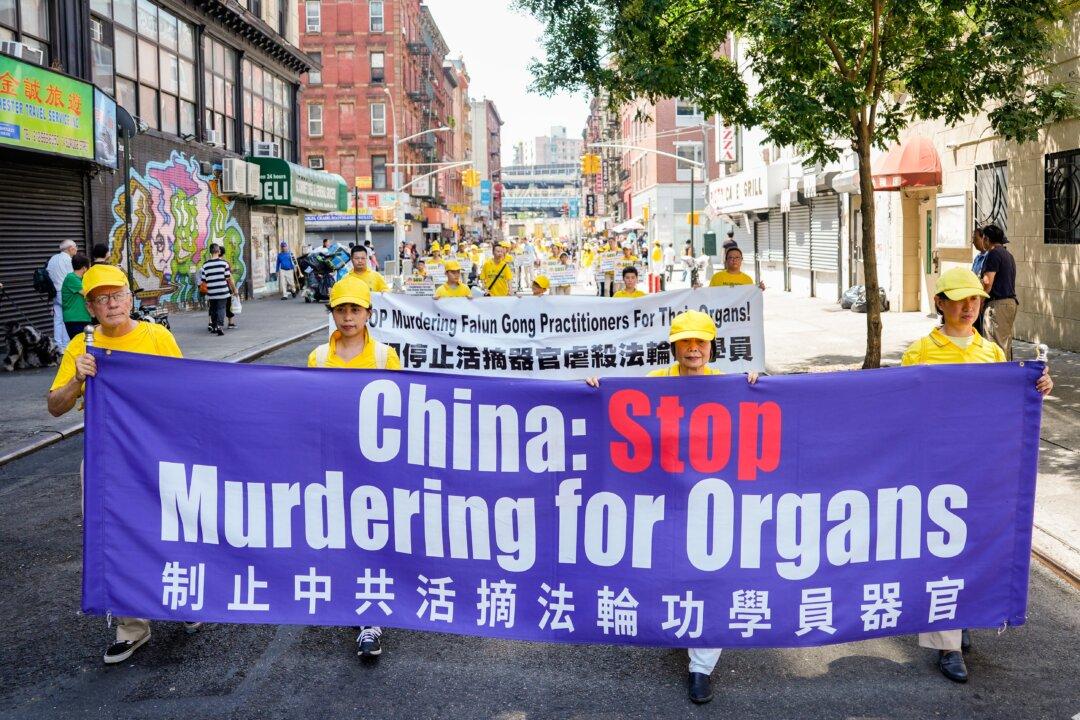
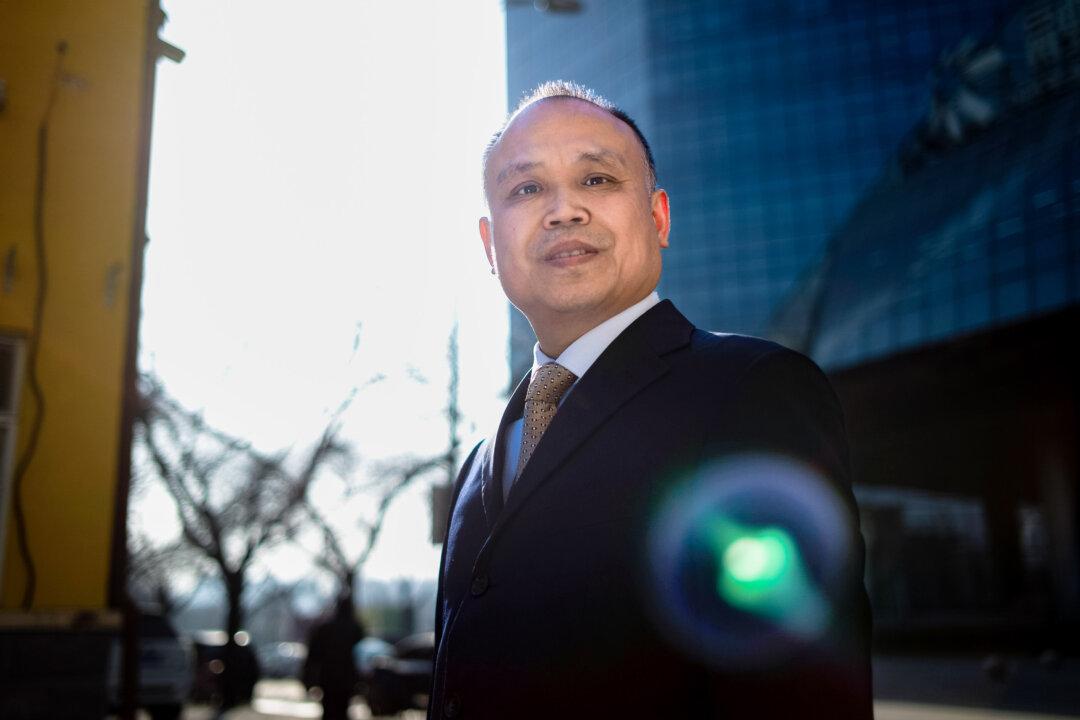
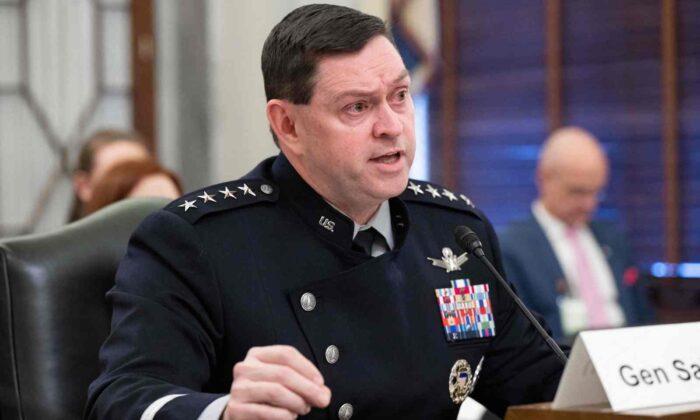
Friends Read Free